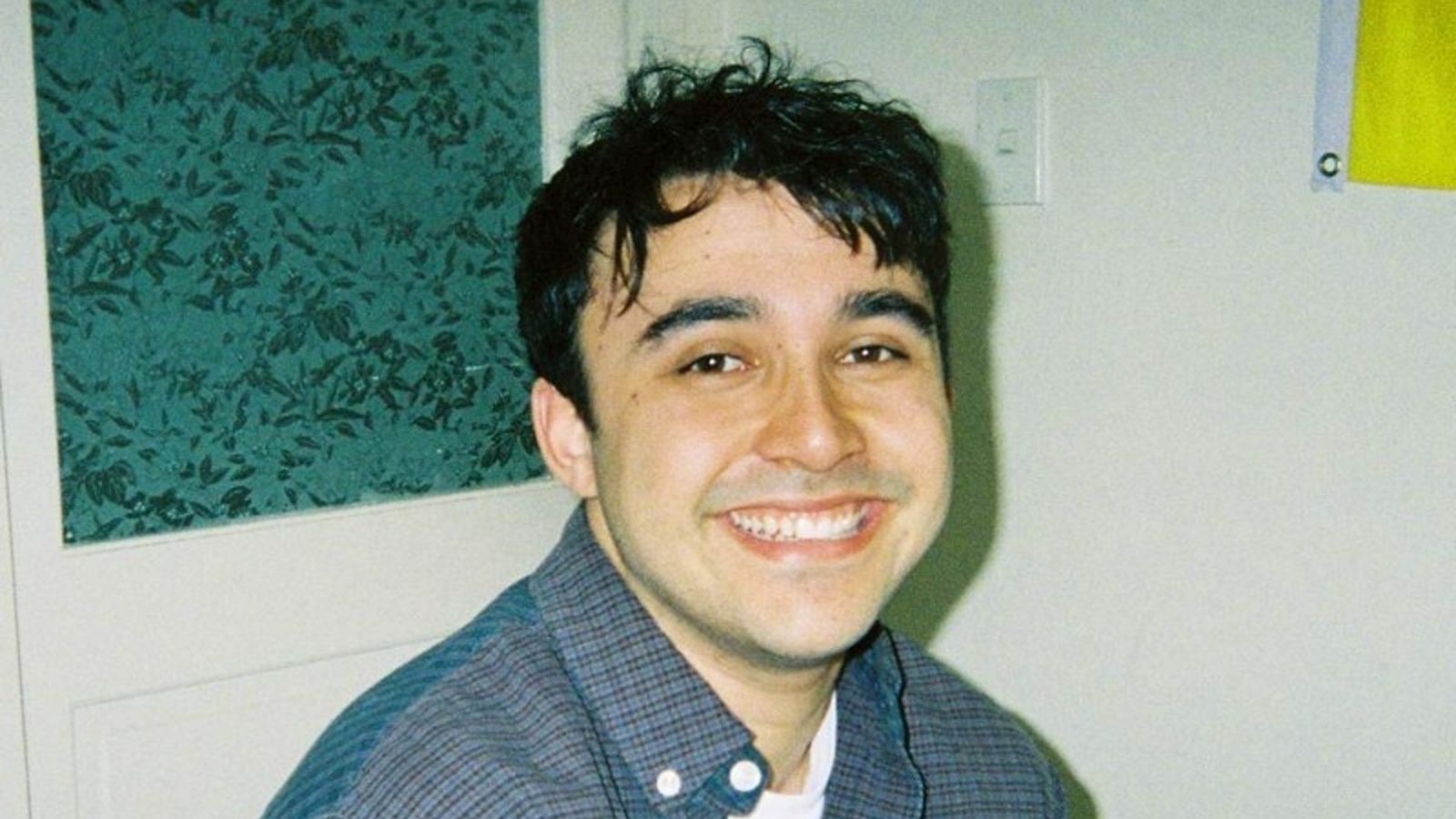Economics and Finance
Economics and Finance provide a foundation for a wide range of careers. Alongside their technical and numeracy skills, graduates are highly rigorous thinkers.
Economics is the study of choices and touches on every aspect of life, from economic development to sustainability and social wellbeing. It provides models for analysing and predicting outcomes of complex economic, social, or political problems. An understanding of financial markets is essential to comprehending how our economies work. Financial markets include the stock market and the financing of companies, financial contracts and decision-making by firms, and portfolio choice.
Roles and career pathways
Economics graduates may work as policy analysts, researchers, and management consultants. A postgraduate qualification, Honours level or higher, is usually required due to the level of complexity and numerical and analytical skill levels in these roles.
Economics graduates with undergraduate degrees or seeking a first role may work initially in coordination roles or as an adviser or graduate analyst.
Finance graduates can work as financial advisers, analysts, or in graduate roles in business banking or financial services. Finance graduates may go on to study a Certified Financial Analyst (CFA) qualification after they have completed their degree or while in their first role.
Where Economics and Finance graduates work
Studying Economics and Finance can lead to a diverse range of work possibilities in the public and private sectors, such as in multinational finance companies, economic development agencies, or consultancies. Recent Economics and Finance graduates have worked for organisations such as:
- Reserve Bank of New Zealand
- The Treasury
- Ministry of Business, Innovation and Employment (MBIE)
- Statistics New Zealand
- Economic consultancies such as Motu or NZIER
- Banks such as ASB, BNZ, or ANZ
- Stock exchange organisations such as NZX
- Ministry of Foreign Affairs and Trade (MFAT)
Build relevant skills and experience
Internships, part-time work and volunteering all help to increase career options for graduates. A number of key employers of Economics and Finance graduates have internship programmes, including The Treasury and the Reserve Bank of New Zealand.
The CFA Institute Research Challenge is an annual global competition that provides university students with hands-on mentoring and intensive training in financial analysis and professional ethics.
The WFHSS Internship course run by the Wellington Faculty of Humanities and Social Sciences helps students of all disciplines develop leadership skills and practical workplace experience. Programmes such as Wellington Plus and Wellington International Leadership Programme (WILP) offer opportunities to gain diverse volunteer and leadership experience. Mentoring programmes such as Alumni as Mentors can also enhance your employability while studying.
Make career connections
Networking and making connections with individuals and groups during your degree can help you learn more about career opportunities. Professional associations such as INFINZ (Institute of Finance Professionals New Zealand) offer student memberships. NZAE (New Zealand Association of Economists) also has student memberships that provide students with the opportunity to mix with professionals, learn about career paths, and make valuable contacts.
The Business Consulting Club is another great way to build employer contacts and develop workplace skills through projects and networking.
University clubs, such as the Victoria Commerce Students' Society (VicCom) and the Finance and Investment club, as well as mentoring schemes, including the Victoria University of Wellington Alumni as Mentors programme for final-year students, can also enhance your employability while studying.
Graduate career stories

Selina Li
Economics and Finance helped Selina develop technical as well as communication and leadership skills that have supported her in several finance roles.

Killian Destremau
Killian has followed a long-held passion for economics from working as a consultant to his current role in the Department of the Prime Minister and Cabinet.

Louis Hutchings
It was skills gained from working with other people as much as academic learning that prepared Louis for his work and postgraduate study.
